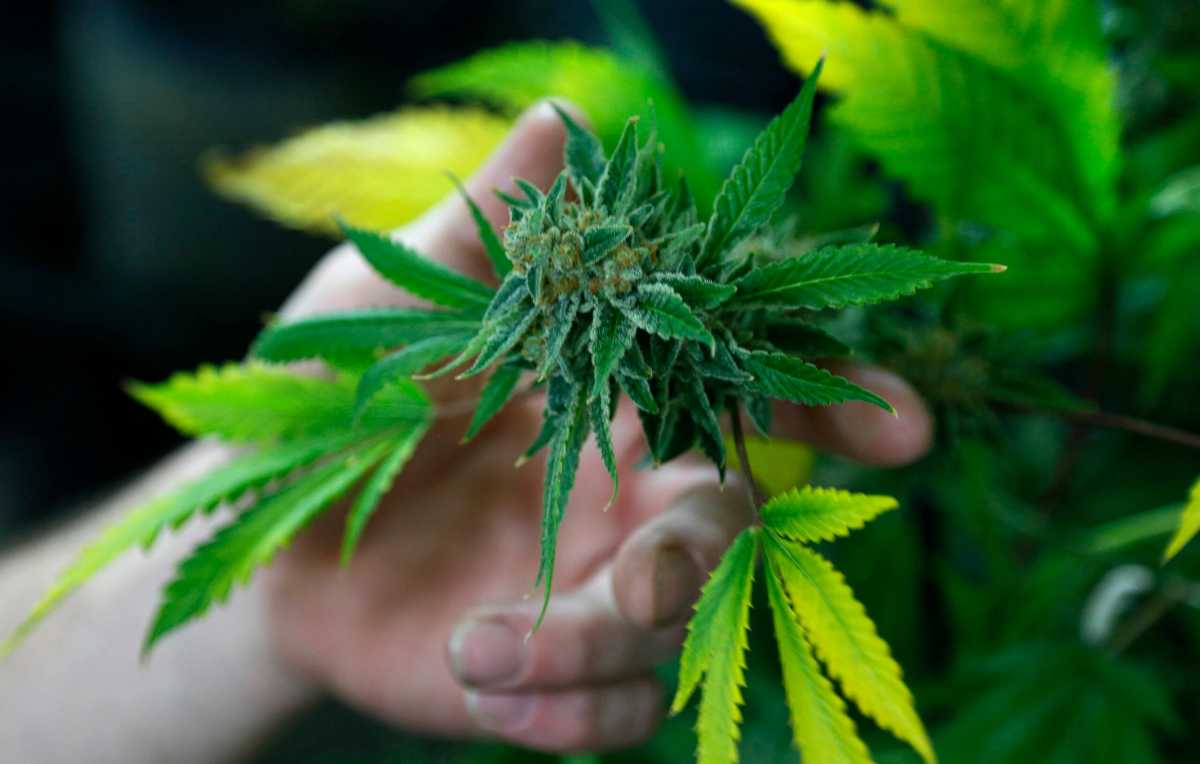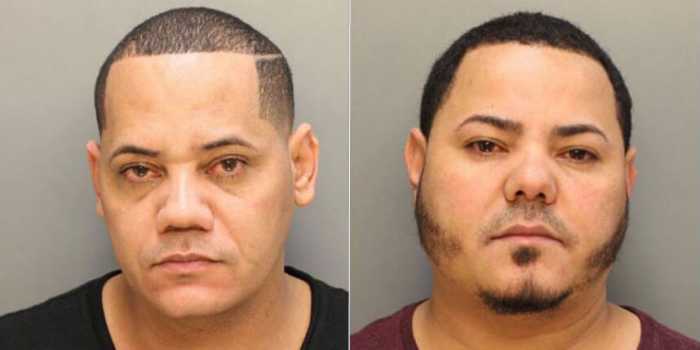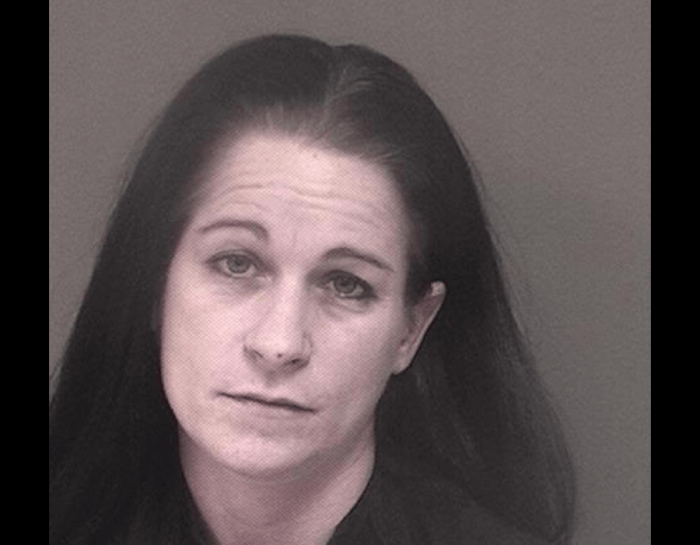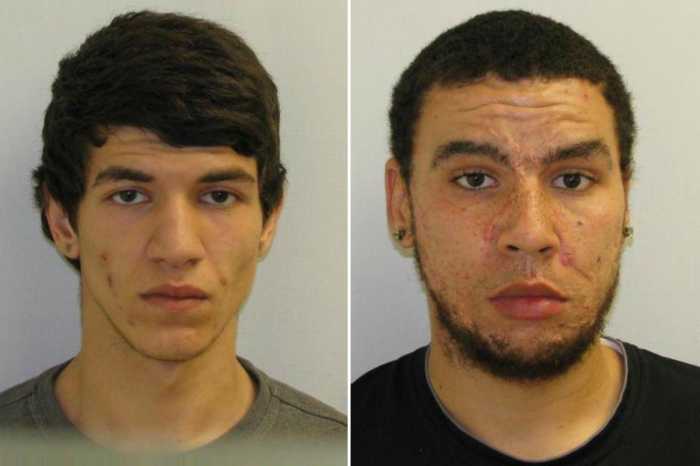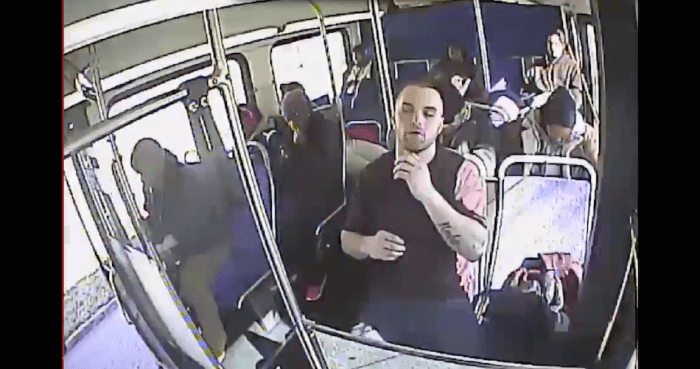City Council is set to vote on a bill that would make it illegal for most companies to test prospective employees for marijuana before they are hired.
Mayor Jim Kenney’s administration supports the legislation, which, if passed, would go into effect Jan. 1, 2022. It advanced out of a Council committee Monday.
Thomas Jones, who has legally used medical marijuana to deal with autism spectrum disorder since 2018, said pre-employment drug screenings have prevented him from getting a job.
“I apply to jobs almost everyday,” he said during the hearing. “The roadblock comes when they do a drug test.”
When Jones shows hiring managers his state-issued medical marijuana card, “they don’t know how to handle it,” he said, and they tell him he has to look elsewhere.
Nearby states have been moving to ease marijuana restrictions. Just this year, the governors of New Jersey and New York have signed laws legalizing the recreational use of cannabis.
That remains illegal in Pennsylvania, which began the process of creating a medical marijuana program in 2016. Possession of small amounts of the drug have been decriminalized in Philadelphia for years.
Councilman Derek Green’s bill carves out exemptions for those applying to be police officers or work in law enforcement; anyone putting in for a position that requires a Commercial Driver’s License; and any job involving the supervision of children, people with disabilities and medical patients.
The legislation leaves a lot to interpretation, saying any job “in which the employee could significantly impact the health or safety of other employees or members of the public” could be exempt, as determined by city agencies.
It would also not apply to any employer who is required by a federal contract or state or federal law to drug test potential employees.
Randy Duque, acting executive director of the Philadelphia Commission on Human Relations, which would enforce the regulations, said employers and job-seekers alike would benefit from “comprehensive guidance.”
The commission, if the bill is approved, will “carefully consider other occupations that are necessary and relevant to exemption as regulations are developed and promulgated,” Duque said.
PCHR would likely enforce the measure with a complaint-based system, he told Council members.
Paul Armentano, deputy director of the National Organization for the Reform of Marijuana Laws, said at the hearing that some states and many municipalities have already banned pre-employment drug screenings.
“There’s no evidence to support the claim that those who consume cannabis in the privacy of their own home away from the job pose a unique workforce safety threat or risk,” he said.
Armentano and other pro-cannabis experts said currently-used tests are based on detecting a substance, rather than determining whether the person is impaired.
Someone can test positive for THC, the psychoactive component of marijuana, weeks and even months after using it, they said, which could prevent them from getting hired.



